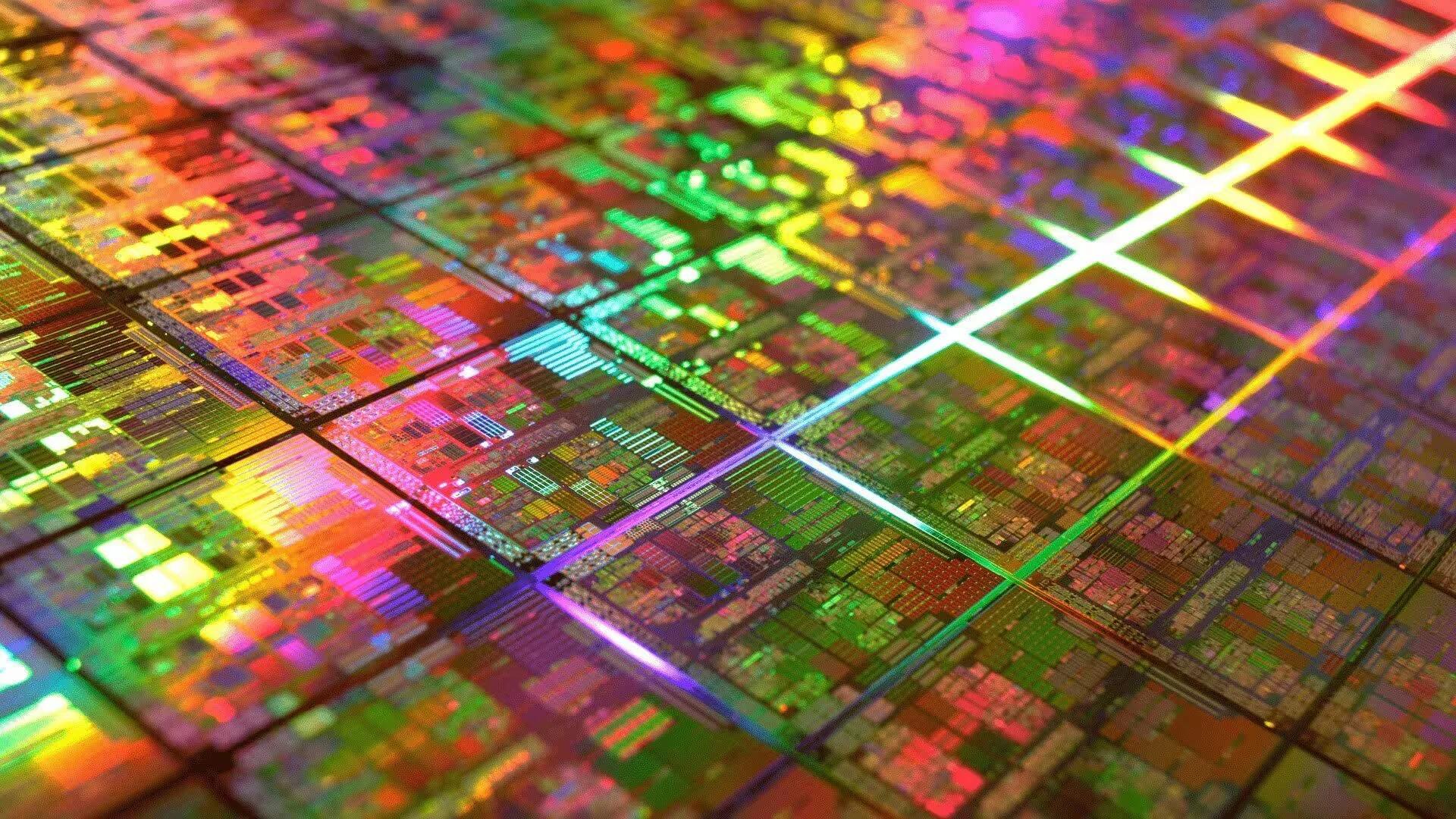According to a report from Bloomberg, Taiwan Semiconductor Manufacturing (TSMC) has started early test production of Apple’s new A13 chips that will power the next-gen iPhones, possibly called the iPhone 11. The chip could reportedly enter mass production as early as this month.
The report cites anonymous sources to confirm that the chip will enter mass production this month if no hiccups are found in testing. Apple, every year, upgrades its main processor to boost its new phones’ speeds and battery life.
The A13 chip will be used in the next-generation iPhone lineup, the 5.8-inch iPhone 11, 6.5-inch iPhone 11 Max and a successor to the 6.1-inch iPhone XR – which we call as iPhone 11R for now. The report further adds that there will be three new iPhone models this year, and all three will be powered by the new chip. The two top-end models are codenamed D43 and D44, and the iPhone XR successor is internally called N104.
September is when Apple typically unveils its new line of iPhones. There is little definitive news about the new flagship smartphone, but rumors say it will have three rear cameras and reverse charging. No one is expecting to see a 5G version of the iPhone 11. Rumors also suggest that the successor to the 6.1-inch iPhone XR / iPhone 11R will have dual rear cameras and it will be available in green and lavender color option in addition to the current 4 colors, White, Black, Yellow, and (PRODUCT)RED.
Before new iPhones are unveiled though, Apple is expected to show off the next version of its mobile operating system, iOS 13, at its annual WWDC, which starts on June 3. Other possible announcements for the event include a new version of MacOS and an App Store for the Apple Watch. We might even see hardware such as a new iPad or MacBook.
Apple has forged its own path with GPU and CPU chip silicon to great success, relying on TSMC as its manufacturing partner for its custom designs. Apple’s lead in mobile chip performance means that even previous-generation iPhones rival flagship Android devices in performance benchmarks.
Beefier versions of its iPhone chips ultimately make their way into iPads too. Apple is widely believed to be developing its own chips for future Macs. It is unclear when the first Apple-ARM-powered Mac devices will ship, although it is likely to come to a laptop form factor first (like the 12-inch MacBook).
